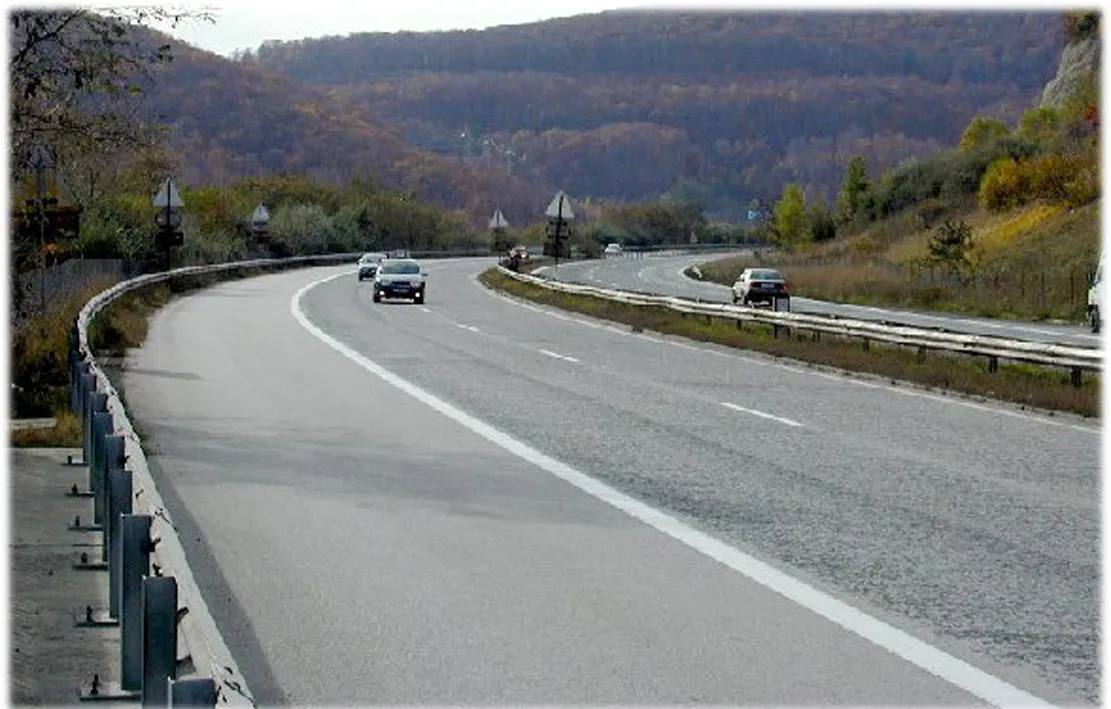The Kenyan government is planning to invest US$4.82billion in a major multi-modal infrastructure project to reduce Nairobi’s traffic congestion.
The Nairobi Metropolitan Mass Rapid Transport System (MRTS) will include a new rail transport network, and a public road of 167km linking the city with key neighbouring towns and municipalities such as Athi River, Kikuyu, Kajiado, Kitengela, Limuru, Machakos, Ruiru and Thika.
The MRTS project will be managed by Nairobi Metropolitan Transport Authority and the gov
June 14, 2012
Read time: 1 min
The Kenyan government is planning to invest US$4.82billion in a major multi-modal infrastructure project to reduce Nairobi’s traffic congestion.
The Nairobi Metropolitan Mass Rapid Transport System (MRTS) will include a new rail transport network, and a public road of 167km linking the city with key neighbouring towns and municipalities such as Athi River, Kikuyu, Kajiado, Kitengela, Limuru, Machakos, Ruiru and Thika.
The MRTS project will be managed by Nairobi Metropolitan Transport Authority and the government plans to finance the project through a public-private partnership (PPP).
Kenyan and Ugandan rail operator5139 Rift Valley Railways (RVR) has expressed an interest in becoming involved in the rail transport network.
The Nairobi Metropolitan Mass Rapid Transport System (MRTS) will include a new rail transport network, and a public road of 167km linking the city with key neighbouring towns and municipalities such as Athi River, Kikuyu, Kajiado, Kitengela, Limuru, Machakos, Ruiru and Thika.
The MRTS project will be managed by Nairobi Metropolitan Transport Authority and the government plans to finance the project through a public-private partnership (PPP).
Kenyan and Ugandan rail operator









